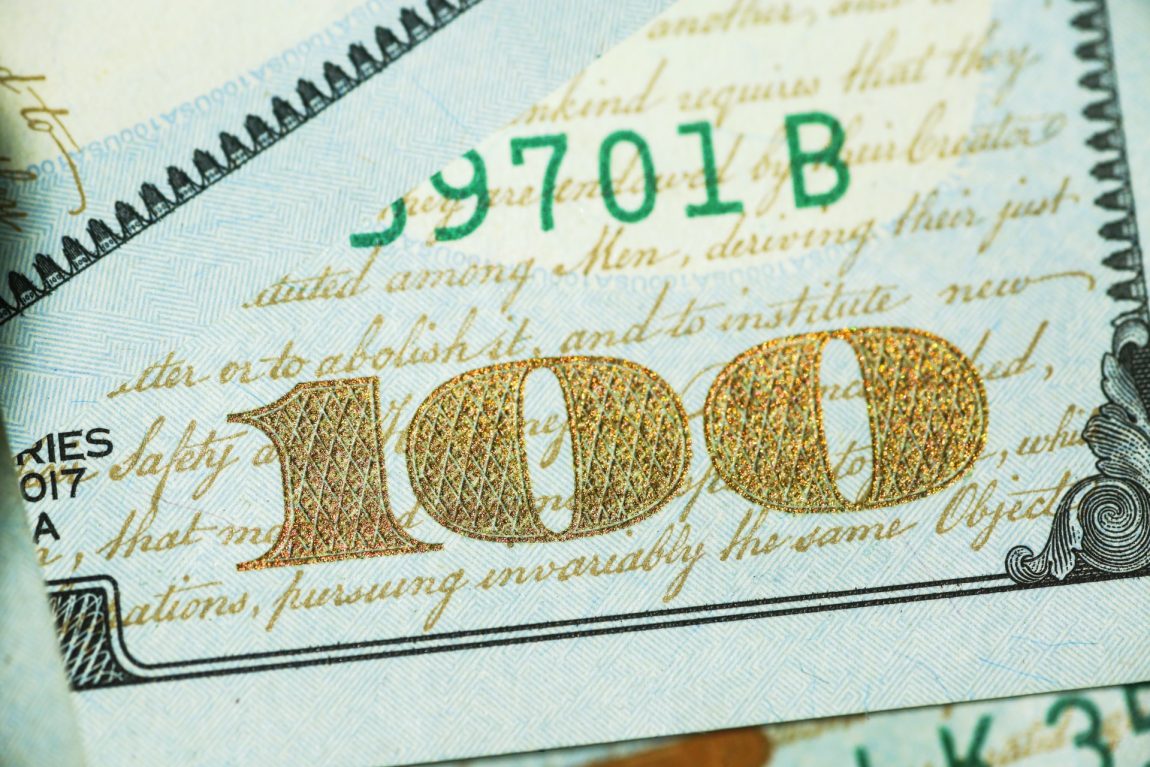
Treasury Secretary Extends April 15th Tax Payment Deadline by 90 Days
On March 17, 2020, Treasury Secretary Steve Mnuchin announced that the deadline to pay taxes due April 15, 2020, for certain taxpayers would be extended by ninety (90) days until July 15, 2020. On March 18, 2020, the IRS issued Notice 2020-17 that provided an extension until July 15, 2020, for individuals who owe up to $1 million and C Corporations and other consolidated groups who owe up to $10 million (defined in the Notice as “Affected Taxpayers”). Penalties, interest, and other statutory additions would begin to run on July 16, 2020, if payment is not made before then. Taxpayers received this relief after the President declared a national emergency because of the coronavirus. If payments are not made for July 15, 2020, taxpayers would still be able to request abatement of penalties, interest, and other additions for reasonable cause. However, taxpayers should be aware that any request would need to satisfy the applicable statutory requirements.
While the Secretary extended the April 15, 2020 payment deadline, he did not extend the April 15, 2020 deadline to file certain tax returns. This extension also does not impact any applicable state filing deadlines. Any extension by a state would be announced by that state. If taxpayers are unable to meet this deadline, the taxpayer should file for a six-month extension. With this extension, any return would then be due on or before October 15, 2020. Filing for an extension, however, does not extend the time to pay any taxes that would be due either on or before April 15, 2020, or by July 15, 2020, for affected taxpayers who can take advantage of the extension. The Notice also provides that “[n]o extension is provided in this notice for the payment or deposit of any other type of Federal tax, or the filing of any tax return or information return.”
Taxpayers should also be aware that this Notice also extended the deadline for affected taxpayers making estimated tax payments that are due on or before April 15, 2020. This extension applies to the same Affected Taxpayers. While the Treasury Department extended the first estimated payment due on April 15, 2020, until July 15, 2020, for those Affected Taxpayers, the Secretary did not extend the second estimated tax payment due on June 15, 2020. Unless a further extension is still announced, those Affected Taxpayers who make estimated tax payments, should still plan to make this estimated tax payment.
Given the everchanging situation, we will provide any additional updates on additional Notices issued by the Treasury Department and IRS. As a result of the President’s disaster declaration, the Treasury Secretary has the authority under 26 U.S.C. § 7508A and 26 C.F.R. 301.7508A-1 to extend other specified deadlines for up to a year.
At Kennyhertz Perry, we advise our clients, whether they be individuals or businesses, on these tax issues and other issues that arise in this unprecedented and rapidly evolving environment. Our combination of large law firm ability and small firm agility allows us to get our clients sound advice fast.
Kennyhertz Perry advises clients on a wide range issues related to the unprecedented circumstances arising from the response to COVID-19, including these recent tax developments.
Kennyhertz Perry attorney Ben Tompkins is a former Assistant United States Attorney in Los Angeles as well as a former Trial Attorney for the U.S. Department of Justice Tax Division. He is well equipped to provide advice regarding the evolving tax landscape, and other government policies and enforcement matters.
Kennyhertz Perry partner Braden Perry spent time as a Senior Trial Attorney with the Commodity Futures Trading Commission and represents banks and financial institutions navigate unique issues that arise in the current environment, including compliance with emergency declarations, forbearance agreements, and non-traditional financial arrangements.
Kennyhertz Perry partner John Kennyhertz is former in-house counsel at a private equity firm and has structured transactions for very small and very large clients alike. He has substantial experience in highly regulated industries such as online lending, and industries with rapidly evolving regulations, such as cryptocurrency. He provides creative legal and financial solutions for clients whose revenue has been reduced or eliminated by the response to COVID-19.
Kennyhertz Perry attorney Arthur Chaykin is a former law school professor and head of litigation at Sprint. He is an expert on intellectual property law and devises creative solutions to protect clients’ IP. His broad-based business experience is valuable in thinking outside the box and navigating novel issues.
Kennyhertz Perry attorney Jeff Donoho is an expert in small business formation and government compliance. He has substantial experience advising clients on regulatory and compliance matters including navigating emergency declarations.
Kennyhertz Perry attorney Jon Dedon previously worked in the appellate litigation division of an AmLaw 100 law firm. Jon helps commercial and residential landlords remain profitable while complying with rapidly shifting federal, state, and local emergency declarations in response to COVID-19. In addition, Jon has worked extensively on marijuana and hemp related regulatory compliance, including for numerous financial institutions and payment processors. This experience navigating rapidly evolving regulatory landscapes proves valuable to clients as the nation’s response to COVID-19 continues to develop.
Clients also benefit from Kennyhertz Perry’s experience in related areas of law, such as litigation, banking, securities, tax, intellectual property, employment, insurance, and its regular practice before the Missouri administrative agencies and courts. Sports gambling clients choose Kennyhertz Perry because the firm’s lawyers tailor their advice to the unique issues presented by each matter they handle.
To learn more about Kennyhertz Perry, LLC, please visit kennyhertzperry.com.
*The choice of a lawyer is an important decision and should not be based solely upon advertisements.
